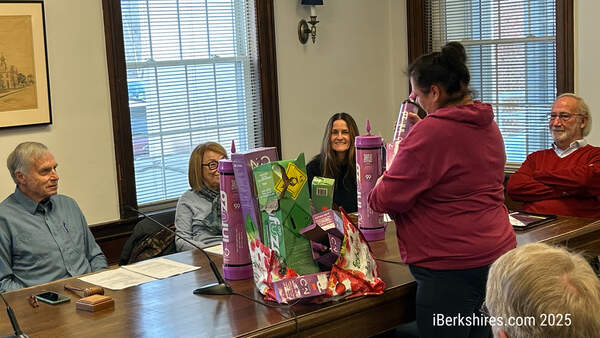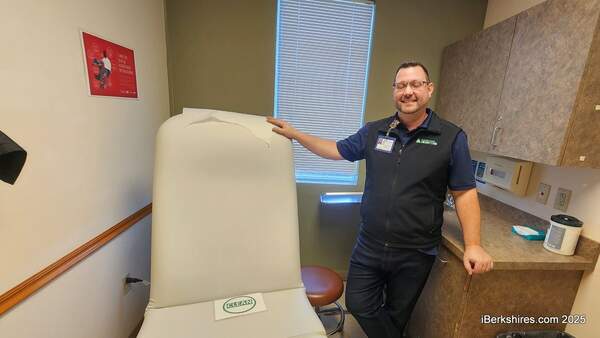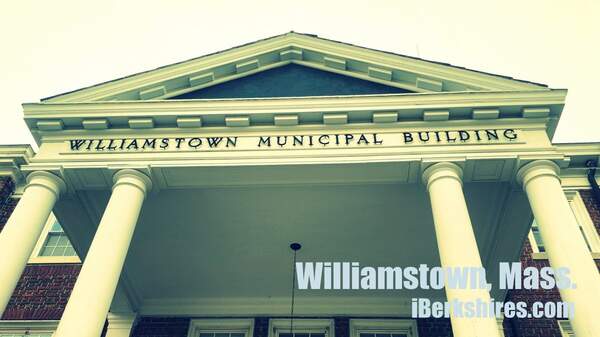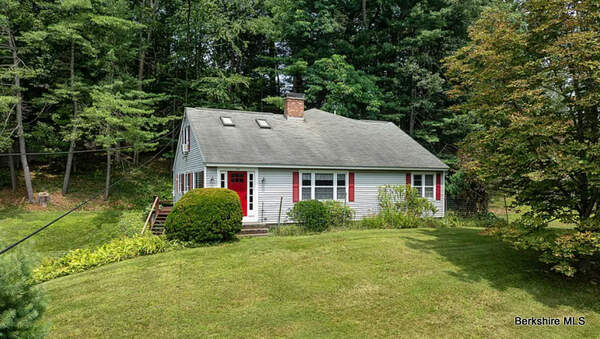Williams College Professor Wins Asian American Studies Award for Literary Criticism
 |
WILLIAMSTOWN, Mass. — Dorothy Wang, associate professor of American Studies and faculty affiliate in English at Williams College, has been awarded the 2016 Best Book in Literary Criticism from the Association for Asian American Studies (AAAS) for "Thinking Its Presence: Form, Race, and Subjectivity in Contemporary Asian American Poetry" (Stanford University Press, 2014).
In her book, Wang focuses on close textual analysis of poems of five contemporary Asian American poets and argues that more attention should be paid to the literary properties of minority writing while also making the broad claim that aesthetic forms are inseparable from social, political, and historical contexts in all poetry — by minority and white poets alike. Wang argues for a rethinking of how poetry is read and discussed and how our unconscious racial views and assumptions guide our reception of poetry.
"Thinking Its Presence" was chosen for the award out of all the books published nationally and internationally in 2014 in the field of Asian American literary criticism. In their rationale for recommending Wang for the award, the committee wrote: “Wang is fierce and fearless in taking on the literary establishment in her searing defense of Asian American poetry. … [H]er scholarship is so disciplined, so lucid, so exacting, that it must be recognized for what it is, literary scholarship at its best … This book has already played a large role in fierce debates about contemporary poetry and race, having been cited in several important critiques that have been read widely in the poetry world. It's not difficult to see why. It's courageous and speaks directly to the ways in which race has been elided, or simply defamed, as a topic worthy of poetic investigation.”
"Thinking Its Presence" was previously awarded Honorable Mention by the Poetry Foundation in its first annual Pegasus Award for Poetry Criticism in 2014.
Wang’s research interests include contemporary poetry in English, experimental minority poetry, Asian American poetry, 20th century poetry, poetics, and Anglophone Chinese diasporic literature. She has published essays in the volumes The Cambridge History of Asian American Literature and Diaspora: Negotiating Asian-Australia and in Boston Review and The Journal of Asian American Studies. At Williams since 2006, Wang teaches courses on 20th century poetry and poetics; experimental minority writing; American Studies, and Asian American writing and the visual arts. She holds a B.A. from Duke University, an M.P.A. in International Affairs from Princeton University, an M.A. in poetry writing from Johns Hopkins University, and a Ph.D. from the University of California, Berkeley, in English literature.
Tags: Williams College,















